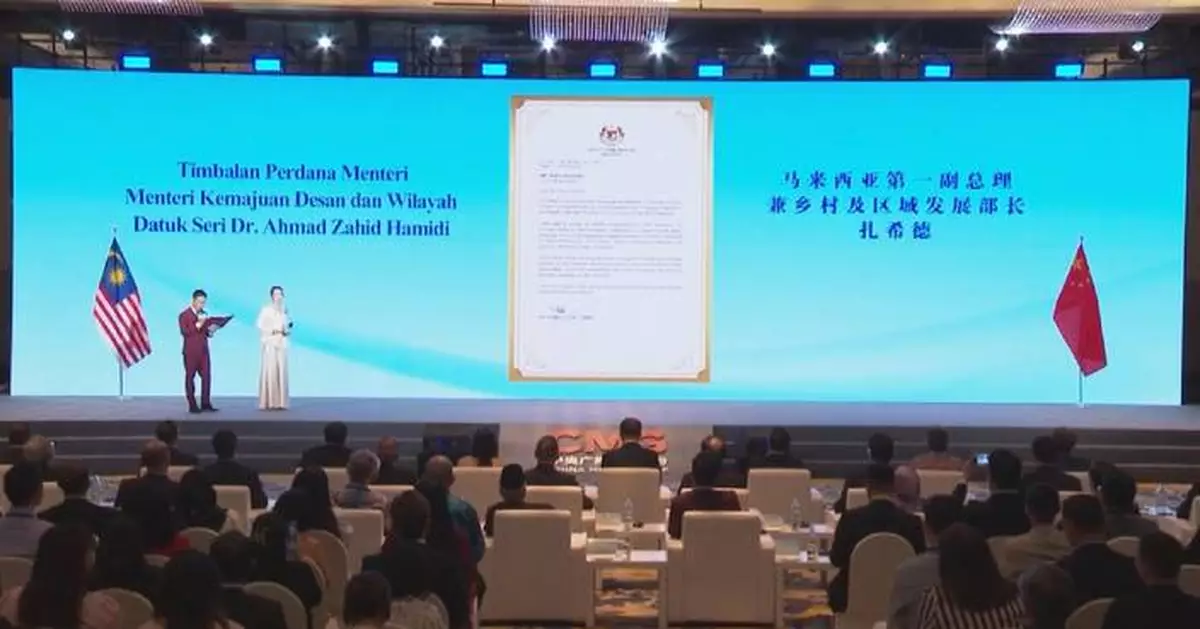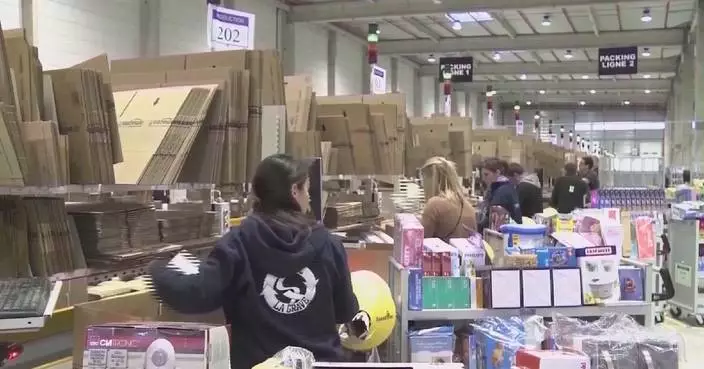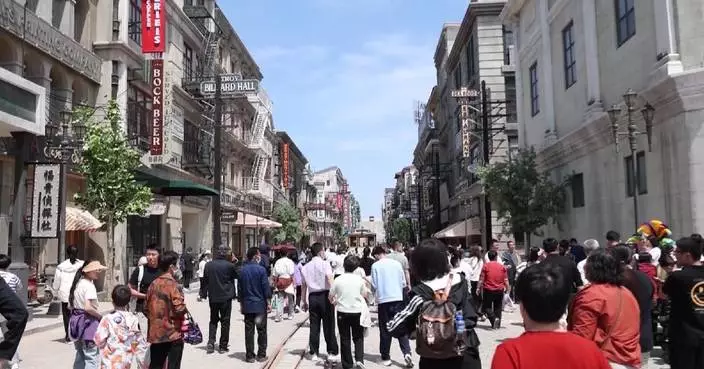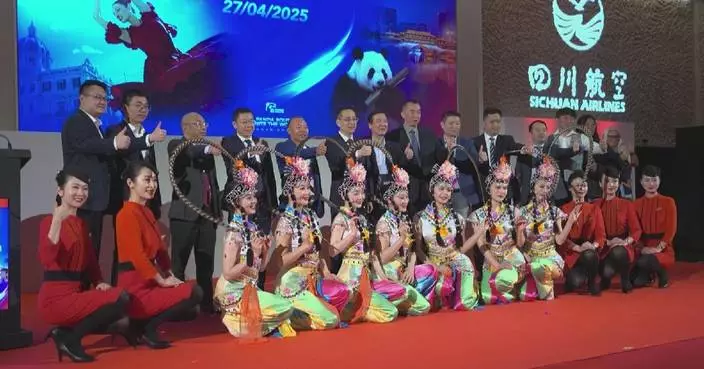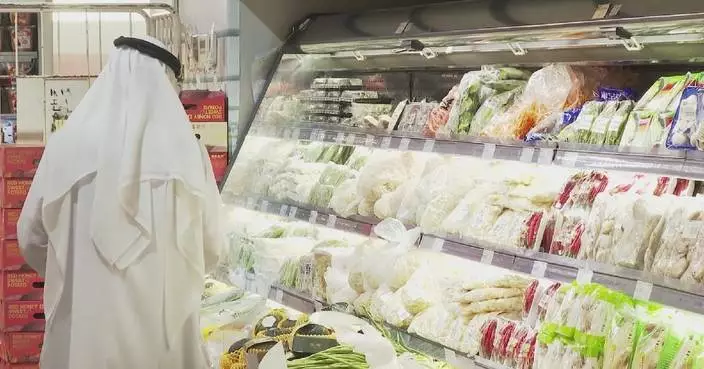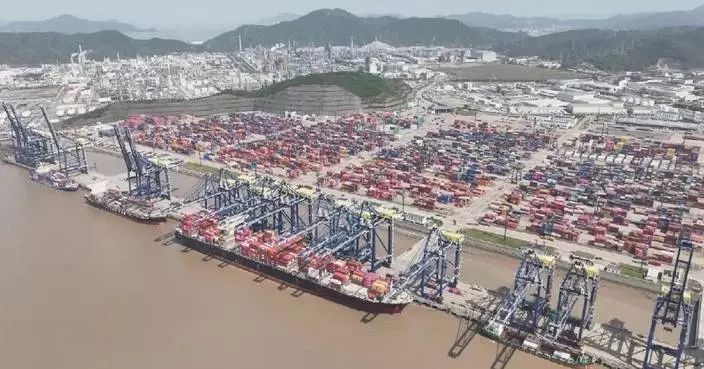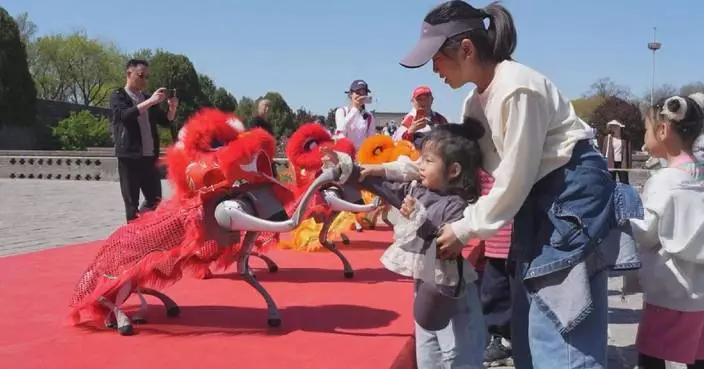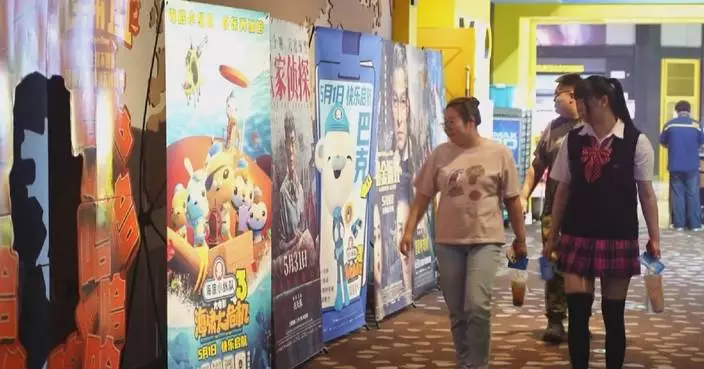China Media Group (CMG) hosted a cultural exchange event in Kuala Lumpur, Malaysia, on Tuesday, coinciding with Chinese President Xi Jinping's state visit and highlighting efforts to strengthen ties between the two countries.
Malaysia's Deputy Prime Minister I and Minister of Rural and Regional Development Dato' Seri Dr. Ahmad Zahid bin Hamidi sent a congratulatory message to the event, commending CMG's role as a vital bridge in fostering mutual understanding between countries. He also lauded CMG's efforts in promoting cultural exchange. During the event, CMG signed multiple cooperation agreements with Malaysian institutions, including the Malaysia-China Friendship Association, Universiti Tunku Abdul Rahman, the Center of Regional Strategic Studies, the International Zheng He Academy, Radio Televisyen Malaysia, and Bernama TV. These agreements aim to strengthen academic exchange, personnel exchanges, media initiatives, and think tank research between the two sides.
Several initiatives to promote cultural exchanges between China and Malaysia were unveiled during the event. Among them was a program blending movies and tourism, aimed at inspiring Malaysians to explore China's long history, brilliant culture, and magnificent landscapes.
Additionally, the Malaysian segment of a campaign themed around overseas giant pandas was launched, symbolizing the deepening ties between the two countries.
CMG also introduced a program inviting reporters from major Malaysian media outlets to visit China, offering them a firsthand look at the country's dynamic modernization and the flourishing China-Malaysia friendship.
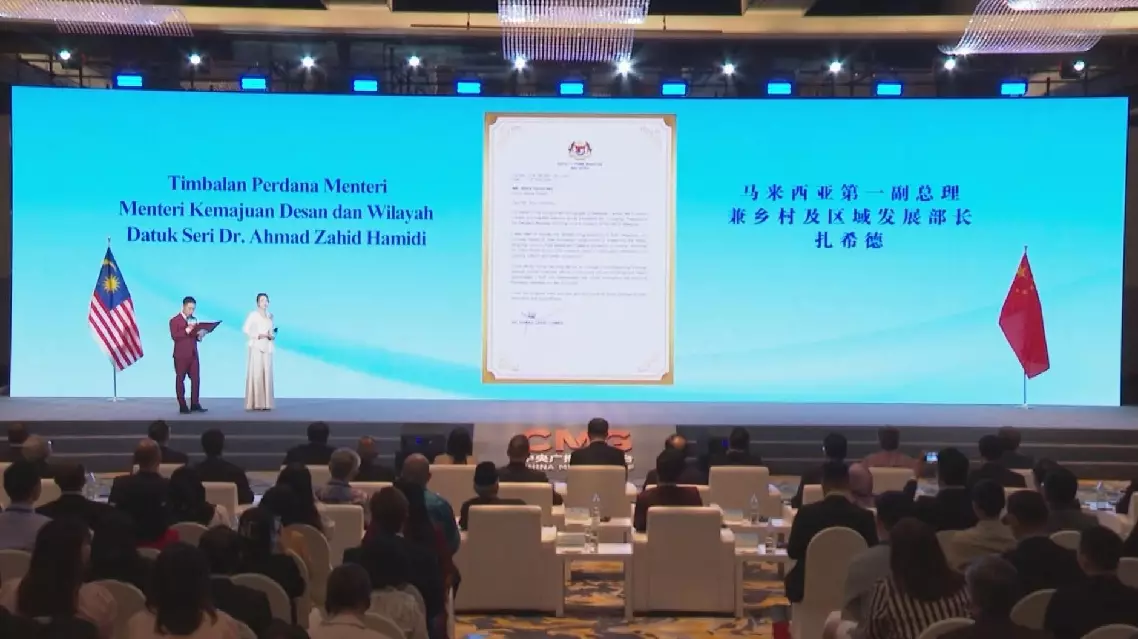
CMG hosts cultural exchange event in Kuala Lumpur to strengthen China-Malaysia ties
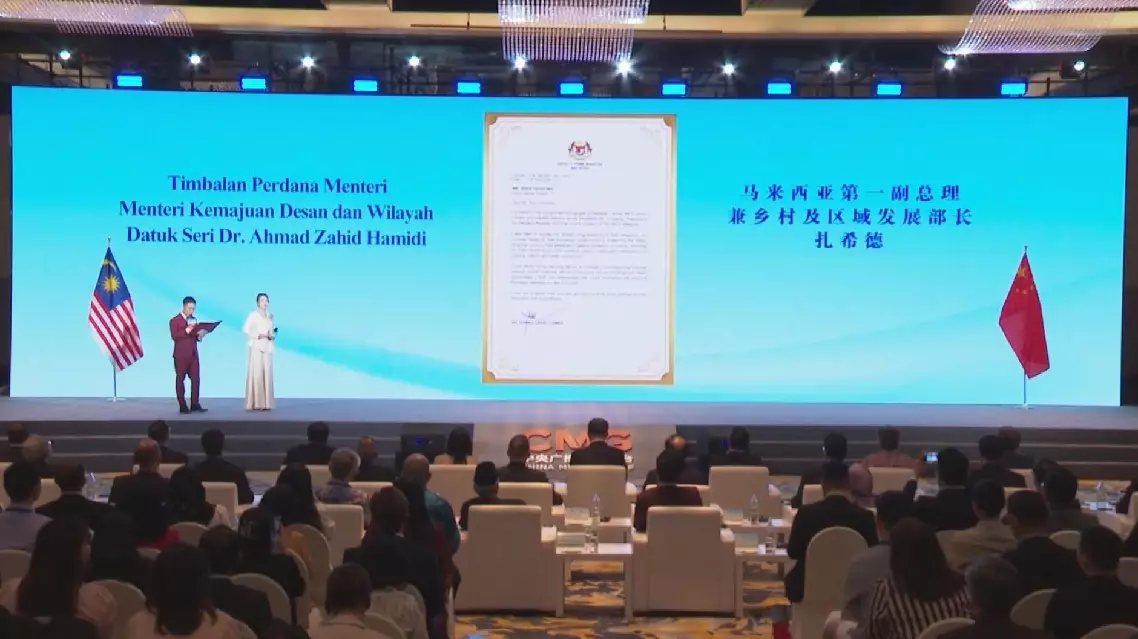
CMG hosts cultural exchange event in Kuala Lumpur to strengthen China-Malaysia ties
U.S. tariff policies have sparked uncertainty by disrupting the long-term plans of automobile manufacturers and potentially driving up costs, which will be passed onto consumers, said a senior automotive analyst.
U.S. President Donald Trump signed an executive order imposing a 10-percent "minimum baseline tariff" on all imports, which came one day before his 25-percent tariff on automotive imports took effect on April 3.
Stephanie Brinley, principal automotive analyst at S and P Global Mobility’s Auto Intelligence service, shared her insights in an interview with China Media Group (CMG), noting that fast-changing tariff policies disrupt manufacturing, which typically involves planning 10 to 20 years ahead.
"The U.S. tariff situation over the last couple of months has created a great level of uncertainty, which is one of the things that is the most difficult for the auto industry to work with. Decisions are made, particularly for manufacturing, on a 10 to 20-year basis. Certainly not on a three to four-year basis. And as a result, this constant change makes it difficult to figure out exactly where the best place is to produce something," she said.
Brinley stated that the tariffs artificially raise costs, which are typically borne by consumers, while also imposing a significant burden on importers.
"It raises the cost of manufacturing on an artificial basis because it isn't tied to demand. It isn't tied to raw materials cost. It isn't or tied to shipments. It isn't tied to supply and demand. It's purely artificial and sits on top. But a tariff is typically paid by a consumer. A tariff is paid by a company when it imports. It is not paid by a country. It is not paid by politicians. It's ultimately paid by consumers," she said.
By imposing higher tariffs on imported goods, the Trump administration aims to repatriate manufacturing, but Brinley noted that automakers face challenges in adjusting supply chains, as building new factories can take several years.
"It can take a lot of time to do that. If an automaker decides that they want to completely build a shift where a vehicle is built from one country to another and they don't have the capacity. Building a new plant can take three years. You can't do that quickly. If it's a brand-new ground up plant, it's going to take about a year for site selection and deciding where to build it, and then another two years to build it. And again, you also have to build up your local sourcing and supplier network," she said.
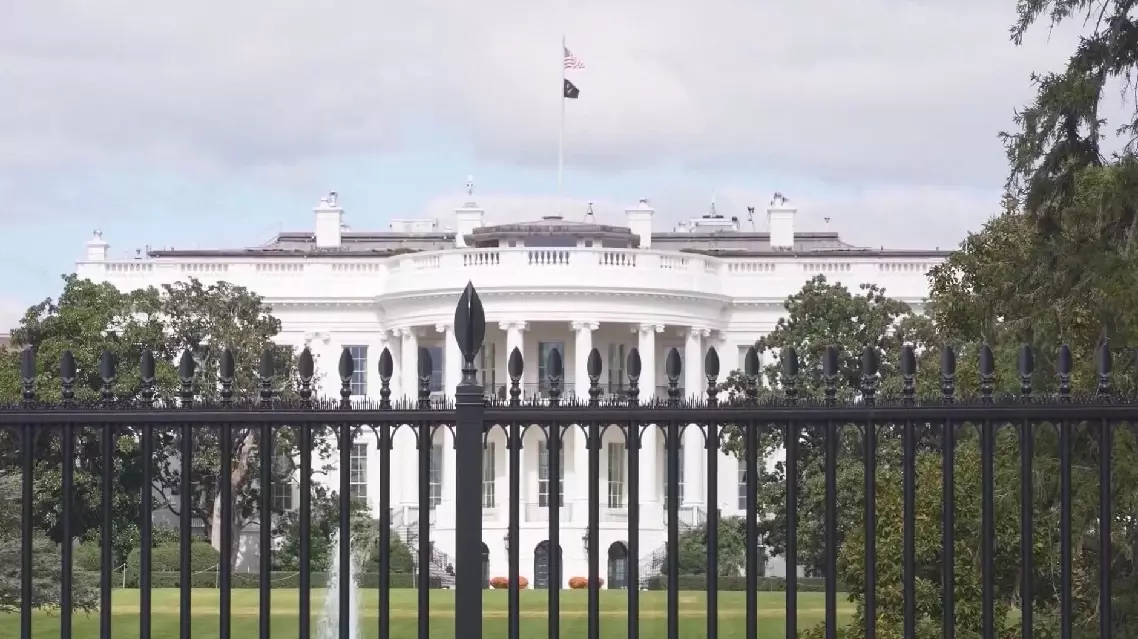
US tariff policy sparks uncertainty, disrupting automakers’ long-term plans: analyst




